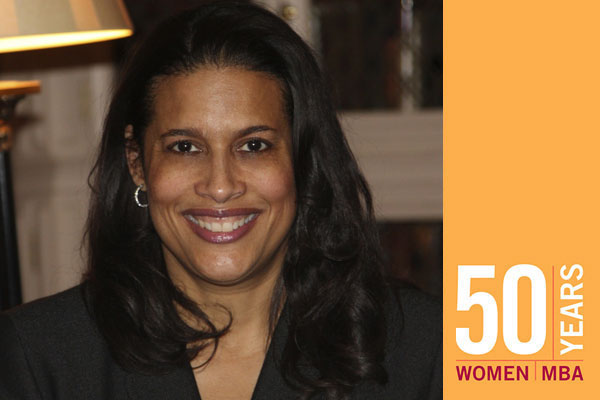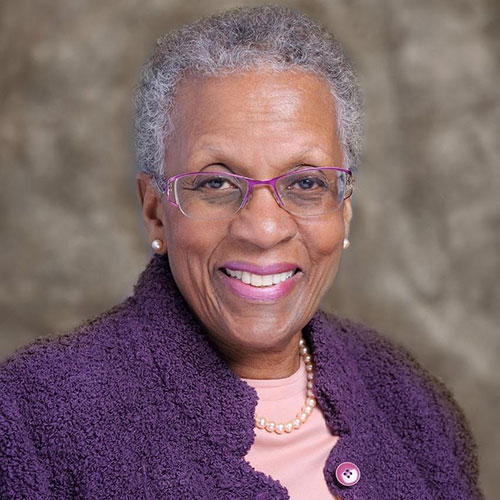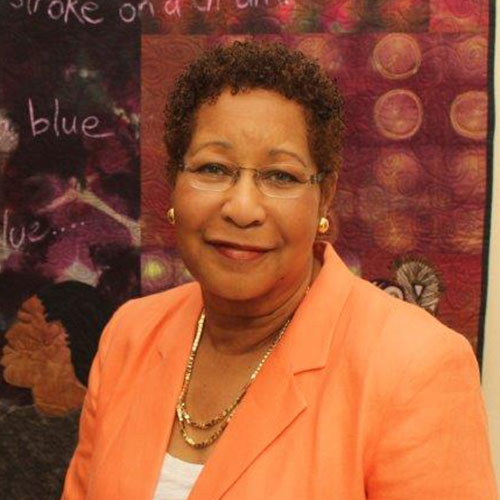
Taran Swan
Biography
Taran left a promising career on Wall Street to go to Harvard Business School, which helped transform her career from a vice president on Salomon Brothers’ trading floor to a corporate strategy, general management, and talent development executive.
Taran’s first stop after HBS was Walt Disney Studios, where she worked in strategy and finance positions. From there, Taran was recruited to Viacom (MTV Networks/Nickelodeon), where she rose through the ranks from director of international business development to executive vice president and general manager with P&L responsibilities. Taran’s leadership, business strategy, and general management performance at Nickelodeon were chronicled in the Harvard Business School case study, “Taran Swan at Nickelodeon Latin America.”
What impact did HBS have on your life and the life of others?
Born and raised in Berkeley, California, I chased a dream in the mid ’80s to become a PhD in computer science. That took me East to NYU, where I became a graduate fellow at Bell Laboratories working on early robotics research. When I asked my boss when my first project was due, he said “in about 10 years.” As a 23-year old, 10 years sounded like an eternity.
Whenever I told people I was a computer programmer, they always seemed surprised and wondered how I, such a “people person,” was able to sit all day in front of a screen. Just as I was beginning to question my career choice, a fellow engineer called to say I should consider Wall Street, which was much more exciting than computer programming in Holmdel, New Jersey.
Soon thereafter, I found myself in an interview at Salomon Brothers, the Bond King of Wall Street. The interview was fast-paced and animated, which was a bit of a jolt after the stoic calm of Bell Laboratories. Near the end of one interview, I could tell that a senior trader wasn’t taking me seriously. In the middle of one of his sentences, when he was telling me all the reasons why I was not a fit for the job, I slammed my hand on the table, leaned forward, and said with steely eyes and a calm, unwavering voice, “I want this job!” As soon as I said that I thought, “What did I just do?” At that point, after collecting himself, the trader called my bluff: “So, you really think you can make it on the rough and tumble trading floor?” “Make me an offer and you’ll see,” I shot back. He made the offer and I accepted it on the spot.
Having spent my college and grad school years in a male-dominated computer lab, I felt at home with the trading floor culture and thrived on the energy. The math was easy compared to what I had done in my academic training, so I fit in well with the “quant jock” crew. As luck would have it, I ended up in the famous training program that was the basis for Michael Lewis’s bestselling book, Liar’s Poker, which made my experience even richer.
Although I enjoyed my years at Salomon Brothers, where I quickly rose to vice president, I realized that designing fixed-income hedging strategies for portfolio managers was not my calling.
As I was soul-searching, my former roommate, who was a second-year student at HBS, invited me to visit. From afar, I thought of HBS as an unscalable mountain peak populated with students at a zenith not attainable by me. It seemed foreign, but I decided to check out a class and was blown away by how dynamic and interactive the classroom was. More importantly, I realized that I belonged in that room. The veil was lifted and the mystique taken away. The students weren’t “better” or “smarter” than me. I realized that not only could I do the work, but I could thrive. Thank goodness I went on that visit!
The power of the HBS brand and network have been of particular importance to me as a black woman. Once you say you went to HBS, you are welcomed into a vast and influential alumni network that is extremely supportive of its members. This is powerful and very special.
Several other aspects of my MBA experience have had a great impact on my career decisions and how I view business. First, the 800-odd case studies we read for class made me feel like I was part of the action; in other words, digesting the case lessons whet my appetite and fueled my drive to become a business leader. In class I was transported to a dynamic environment of demanding questions with no easy answers. The case study method taught me to step back to see the big picture, which became second nature by the time I graduated. I hoped that every day in the “real world” of business would be equally challenging and rewarding.
Between the heavy caseload, team assignments, and job search, HBS taught me how to juggle lots of balls. It also armed me with a healthy business toolkit—a set of skills I didn’t realize I had amassed until I hit the corporate world and began to apply all that I had learned. I have no doubt that my ability to quickly gain P&L and significant management responsibility after graduation was a result of the great training at HBS, coupled with my love of managing and developing people.
Perhaps my single most impactful HBS experience happened when a career advisor spoke to us midway through our first year as we were in the throes of the grueling, hypercompetitive search process for a summer internship. Although he was quite elderly and could barely stand, the strength of his words enthralled all who could hear him. “Go into industry,” he said, elaborating that, in professional services, everyone has an Ivy League degree and worked at Morgan Stanley or McKinsey, so if we followed that path we’d be a dime a dozen. In industry, he said, it is easier to stand out and be the smartest, most aggressive person in the room. Through that advantage, he added, you will get more opportunities earlier in your career and build a platform for yourself that will provide a lifetime of job security with the potential to have a significantly more rewarding career and life. His words really resonated with me and still do to this day. Shortly after that talk, I took a summer internship at Disney, and the rest is history.
So, what have I done with all of this great HBS stuff? I focused on building businesses by developing strong teams and people who will become great leaders. My experiences were chronicled in an HBS case study, “Taran Swan at Nickelodeon Latin America.” Twenty years later, that case, authored by Professor Linda Hill, is part of HBS’s leadership curriculum; is rated “Most Popular” by Harvard Business Publishing; and is used in MBA and executive management curricula at business schools around the world. The impact the case has had on students, educators, and executives has been heartwarming to hear. The fact that I might encourage someone to care as much as I do about being a great leader is well worth two years of Boston winters and 800 case studies!

